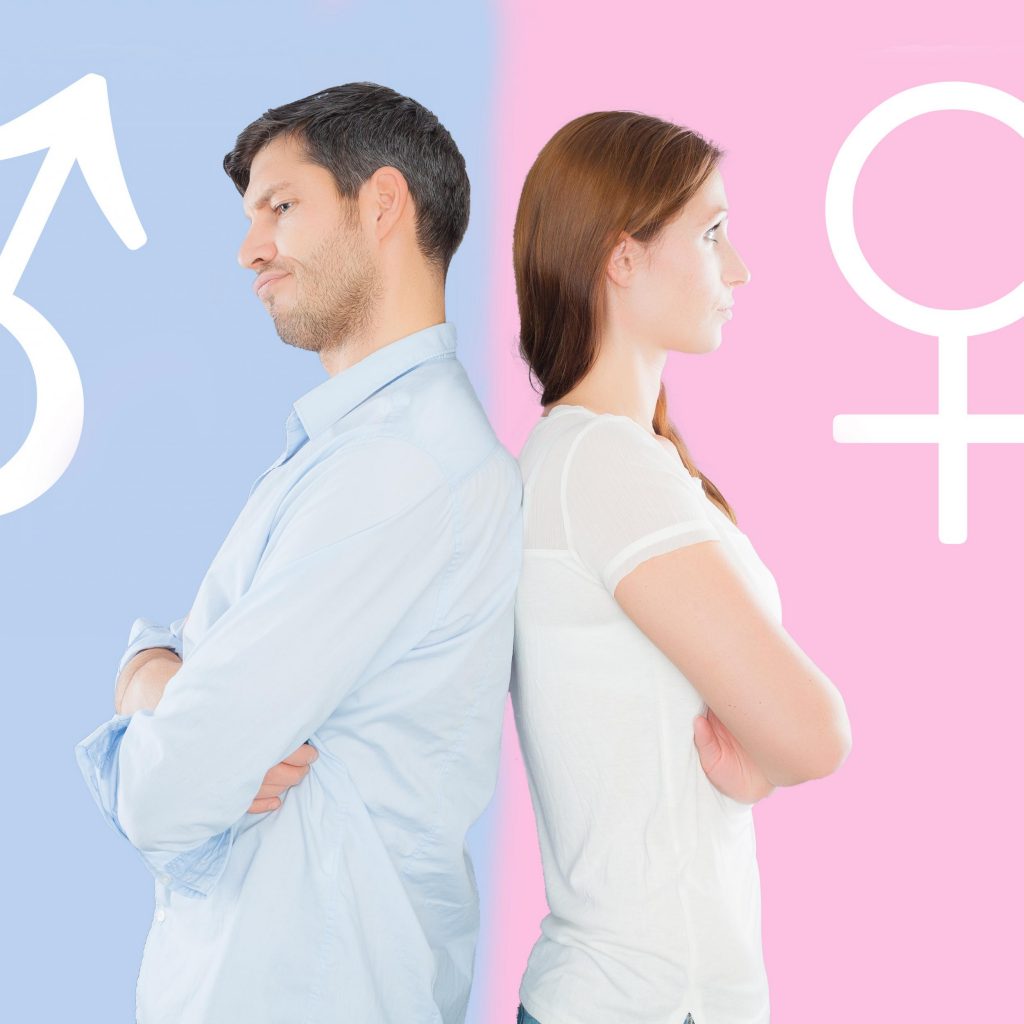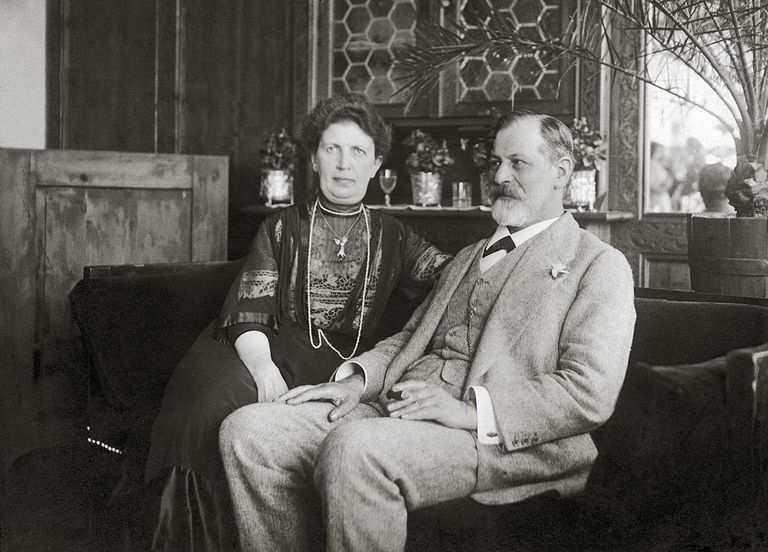 This week I once again got involved in a debate concerning penis envy. My interlocutor was an Israeli of my own age, a retired mathematician and computer expert with wide interests in psychology also. I found our debate extremely enlightening, so much so as to make me want to repeat some key parts of it. So here are a number of propositions we discussed, each one with a short commentary.
This week I once again got involved in a debate concerning penis envy. My interlocutor was an Israeli of my own age, a retired mathematician and computer expert with wide interests in psychology also. I found our debate extremely enlightening, so much so as to make me want to repeat some key parts of it. So here are a number of propositions we discussed, each one with a short commentary.
There is no such thing as penis envy. Wrong. I would argue that, to the contrary, so ubiquitous is penis envy, so numerous its manifestations in every nook and cranny of human life, as to make looking for “proof” of its existence not just impossible but well-nigh preposterous. In the words of Isaiah 6.3, “the whole earth is filled with [its] glory.” Starting with another Biblical phrase, “unto your man your passion, and he will rule you.” And ending with today’s women who, putting on full combat gear, will not rest until they too fight in tanks just as men do. Denying PE is a bit like trying to understand the way the world works without taking gravity into account. Do so and nothing, literally nothing, in the physical world makes sense.
Here it is worth adding that no one, not even the great Newton, has ever actually seen gravity. All we can do is postulate its existence by observing its effects. The same applies to penis envy. In other words, the fact that we do not know of a “penis envy gland” means nothing.
Penis envy may be understood in two different ways. Correct. First, in a literal sense, as the emotion that a person who does not possess something feels for another who does. The following silly little story illustrates the point. A boy and a girl are arguing. “I’ve got an ass,” says the girl. “I too have an ass,” says the boy. “But I have an ass in front too,” says the girl. “Yes, but I have an ass with a handle to it.”
Second, the penis as a symbol, the symbol, of all the advantages men enjoy over women in society; in other words, as a social construct. Freud himself never made up his mind as to which of the two approaches he preferred. His female students were divided on the issue. On one hand stood Helene Deutsch, who saw penis envy as fundamental to the development of womanhood. On the other, Karen Horney who considered it secondary, an effect of women’s inferior position rather than a cause. Freud’s own daughter, Ann, ignored the issue.
The natural sciences’ contribution to our understanding of the human soul is close to zero. Correct. All brain scientists and psychiatrists know is how to detect, register and sometimes modify electric pulses on one hand and administer medicines (many of them useless, and some of them harmful) to their patients. Well aware of that fact, they follow Hobbes and Descartes in claiming that the soul does not exist.
In spite of the Niagara of nonsense that has been poured on Freud and psychoanalysis from about 1970 on, their contribution to understanding the human psyche remains immense beyond measure. Correct. Stripped off endless fluff, essentially it consists of three propositions. First, the idea that the unconsciousness plays an important, often decisive, role in human thought, emotion and behavior. Second, the critical role played by childhood experiences in shaping those thoughts, emotions and behavior. Third, idea that the best, often almost the only, way of reaching the unconsciousness and influencing it is by means of what is usually known as the talking cure, which Freud, along with Joseph Breuer, invented. Far from being obsolete; even today rare is the psychologist who does not resort to it to one extent or another,
Today not only much of the general public but the majority of mental health experts no longer believe in Freud and psychoanalysis. Correct. However, as either Hegel or Goethe is supposed have said, no one is a hero to his servant. Rather, such is the mind of servants that they often fail to recognize a hero even when he (or she) is standing right in front of one. A good story in case comes from the New Testament. Appearing at court before Pontius Pilatus, Jesus says: “I am truth.” “What is truth?” retorts Pilate, the Roman intellectual. What an idiot! Almost alone in the whole of history, he has been presented with the truth; only to blow it.
Finally, here is what Nietzsche in his late, unpublished writings has to say about heroes and hero worship:
”My brothers,” said the oldest dwarf, “we are in danger. I understand his posture, this great Giant, this Number One. He means to do the little one, number one, and drizzle on us. When a Number One does number one, there is a Flood. If he drizzles on us, then we are lost. Not to mention the disgusting element in which we will drown.” “Problem,” said the second dwarf: “How are we to keep a Big One, this Number One, from doing number one?” “Problem,” said the third dwarf: “How are we to keep a Number One, this Big One, from doing the big one, a great thing and number two, doing it with greatness and in a big way?” “I thank you,” replied the oldest dwarf with dignity. “Now the problem has taken a more philosophical turn, its interest has been doubled, and the approach has been cleared to its solution.” “We need to scare him,” said the fourth dwarf. “We need to tickle him,” said the fifth dwarf. “We need to bite him on the toes,” said the sixth dwarf. “Let us do all these things and do them at the same time” decided the oldest dwarf.” I see that we can measure up and rise to this challenge.”

 Starting at least as far back as ancient Greece, most thinking people have always been aware that everything around them is subject to change. Starting at least as far back as ancient Greece, most thinking people have always been aware that there are some things that never change but always remain essentially the same (for confirmation, re-read the book of Ecclesiastics). In today’s post I want to focus on the second kind in so far as they pertain to the nature of, and relationship between, men and women.
Starting at least as far back as ancient Greece, most thinking people have always been aware that everything around them is subject to change. Starting at least as far back as ancient Greece, most thinking people have always been aware that there are some things that never change but always remain essentially the same (for confirmation, re-read the book of Ecclesiastics). In today’s post I want to focus on the second kind in so far as they pertain to the nature of, and relationship between, men and women.

